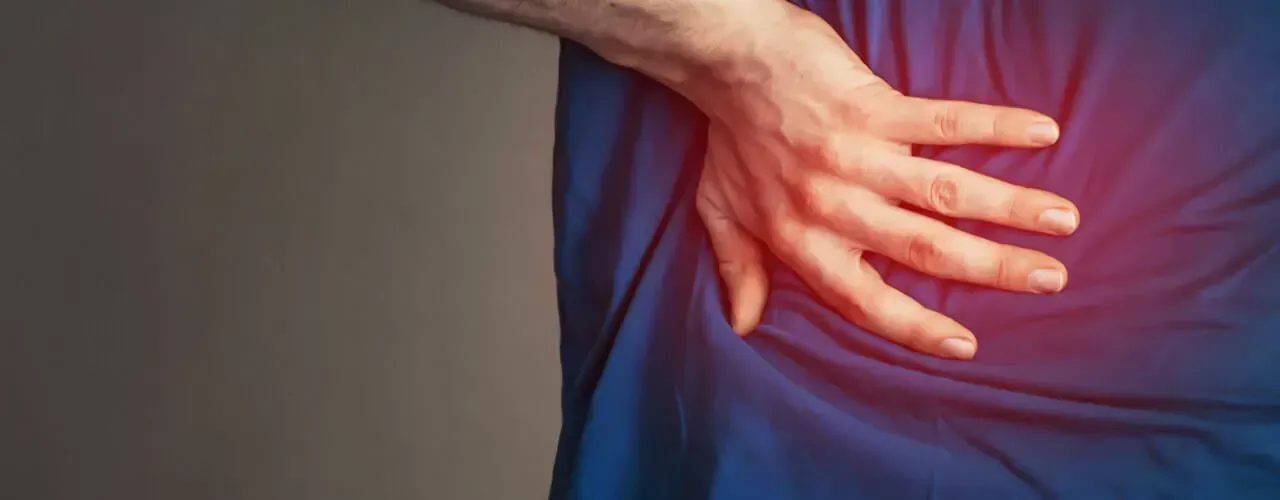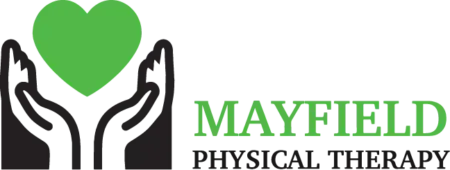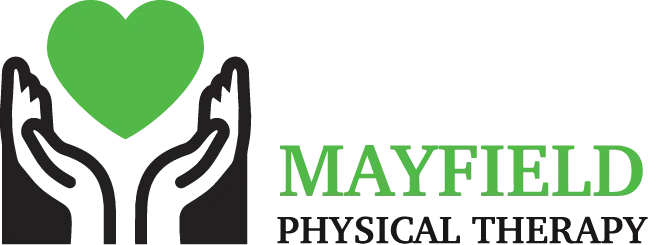DO YOU KNOW WHAT’S CAUSING YOUR BACK PAIN? IT COULD BE A HERNIATED DISC
DISCOVER HOW PHYSICAL THERAPY CAN HELP YOU RELIEVE HERNIATED DISC PAIN
Arthritis is a general term that actually encompasses hundreds of different diseases. Whether you have osteoarthritis, rheumatoid arthritis, or any other type of arthritis, two of the primary symptoms are inflammation and joint pain. Whatever type of arthritis you suffer from, you’re likely struggling to overcome varying degrees of pain. If you are taking opioids for arthritis pain, we’re here to let you know that there is a better option. Our innovative care strategies at Mayfield Physical Therapy will help you find quick relief.
If you’ve ever injured your back in a car crash, high-impact sports injury, or work-related accident, you know just debilitating chronic back pain can be. As awful as you might feel though, typically this kind of pain is acute and goes away on its own at some point. Chronic back pain is different because it hangs on long after an acute injury or another ailment occurs.
Technically, back pain is categorized as chronic if it continues for at least 3 months — and in many cases, chronic back pain can haunt a person for years. This is especially true if your back pain stems from an irreversible or progressive condition. If you’re suffering from unexplained back pain, it’s a good idea to get checked out by a medical professional.
WHAT DOES PT FOR HERNIATED DISCS LOOK LIKE?
Before anything can be done to soothe your pain, the reason for it needs to be determined. Chronic back pain can be caused by many underlying issues, from an acute injury that failed to heal correctly to chronic health problems such as:
- Physical or postural imbalances that lead to chronic muscle strain and soreness
- Muscle knots associated with fibromyalgia, myofascial pain syndrome, and other chronic problems
- Herniated discs that compress spinal nerve tissue
- Excess weight from obesity or pregnancy
- Congenital deformities such as scoliosis
- Chronic muscle or connective strain due to stress, overuse, or repetitive motion
- Arthritis in the facet joints that mobilize your spinal column
- Degenerative disc disease, a condition in which the spinal discs bulge and flatten
Chronic back pain doesn’t always limit itself to your back. Conditions that involve pinched nerve roots may send pain and other odd sensations into your upper or lower extremities.
WHY DID I DEVELOP A HERNIATED DISC?
Opioids are powerful narcotics that work to cause numb relief. They have the ability to bind to the brain’s opioid receptors and to limit the messages of pain sent to the brain. Both oxycodone and morphine are considered to be opioids.
While opioid drugs may be beneficial when carefully used over a short period of time, they are not without serious drawbacks. They are highly addictive and they often interact with other drugs. Approximately 42,000 deaths related to opioid overdoses occurred in 2016.
If you are currently taking some type of opioid for your arthritis pain, it is important to know that there is a safer alternative that can reduce and even eliminate pain.
HOW CAN I TELL IF I HAVE A HERNIATED DISC?
Herniated discs are one of the most common back pain complaints. They typically occur in people aged 35 to 55 years but can affect physical therapy patients of all ages.
Herniated disc pain presents itself in a variety of ways depending on a person’s age, body type, and physical condition.
In certain cases, a herniated disc may show no outward symptoms at all. But for those dealing with recurring pain from a herniated disc, the following symptoms are also common:
- Neck spasms affecting the muscles in the neck and shoulder area.
- Neck pain that stays centered in the back and side areas of the neck. This type of pain can increase in severity when bending or turning the neck.
- Pain radiating out from the shoulder, arm, and sometimes traveling down to the hands and fingers.
- Pain in the shoulder blade area.
SCHEDULE YOUR APPOINTMENT TODAY!
If you have had recurrent back pain or pain near your neck or shoulder, it may be a sign of a herniated disc.
By using targeted treatments and physical therapy exercises, our physical therapist can help you manage your herniated disc pain and prevent the use of prescription drugs or more invasive treatment options for pain.
Please contact us today for more information and to schedule an initial consultation!
REQUEST APPOINTMENT
ARE YOU READY TO LIVE PAIN-FREE?
LATEST BLOGS


